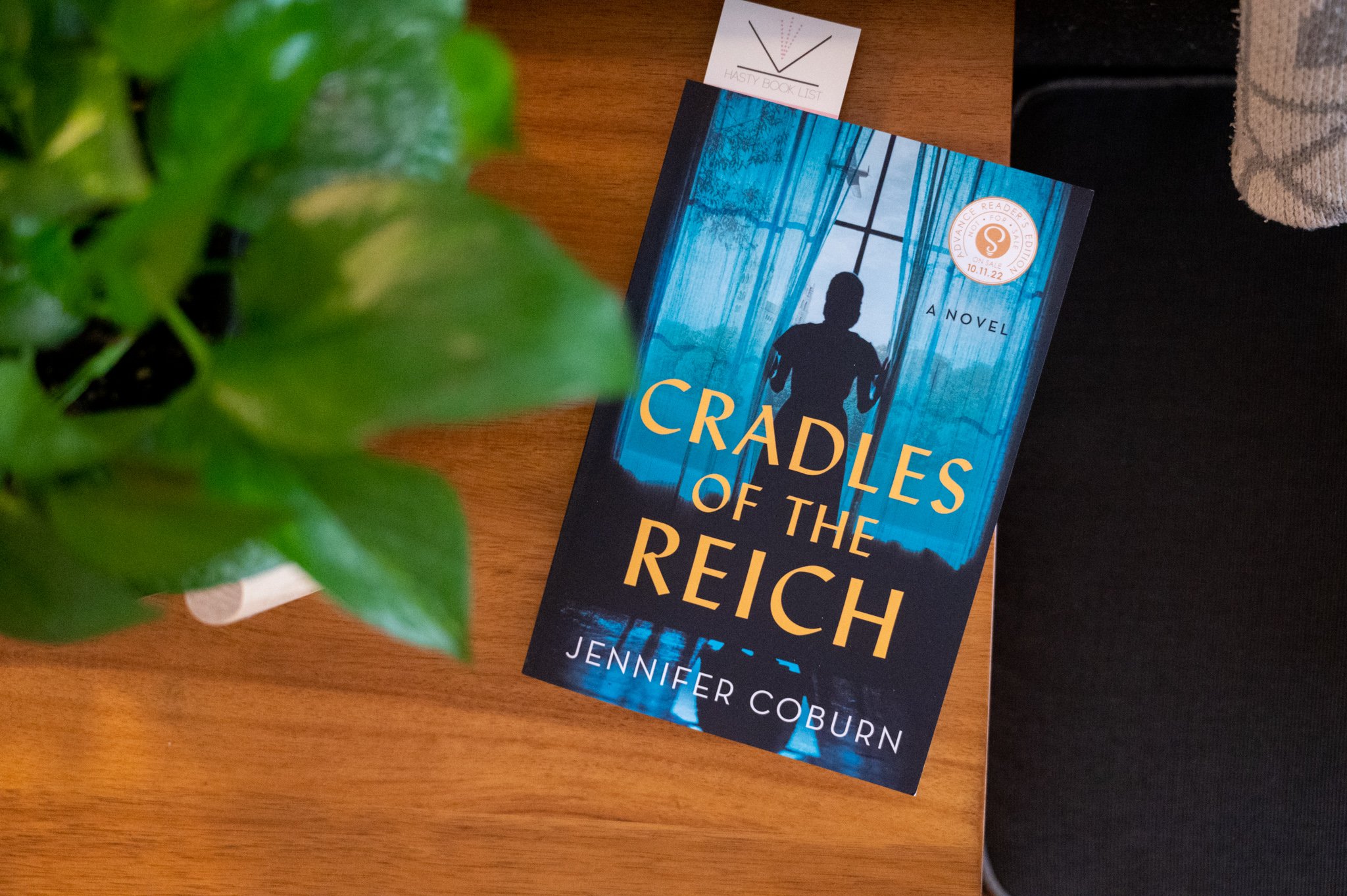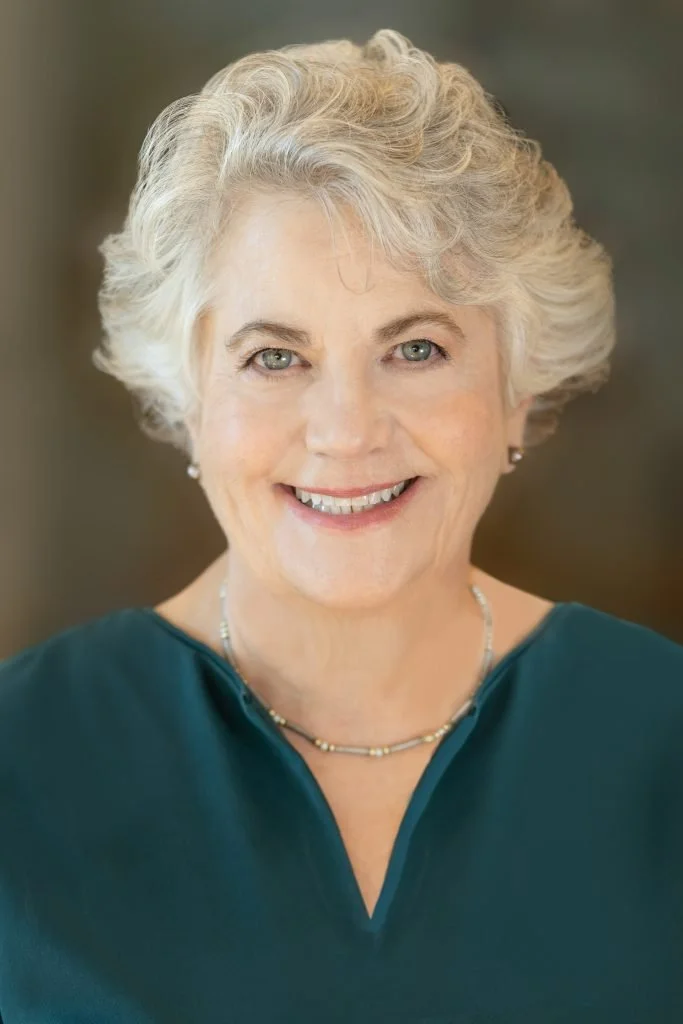Cradles of the Reich
Book Feature - Cradles of the Reich by Jennifer Coburn
HBL Note: I’m giving the “award” of most chilling opening line in a book pitch to Jennifer Coburn’s publicist when she sent an email introducing me to CRADLES OF THE REICH with this opening line: A world where women’s bodies aren’t entirely their own isn’t simply a work of fiction a la Handmaid’s Tale. With themes of replacement theory, anti-Semitism, body autonomy and powerful women, this book is eerily relevant to today’s social issues while offering a historical perspective on the Nazi’s missing to create a “pure” Aryan race.
The author of CRADLES OF THE REICH, Jennifer Coburn, has also written a vast number of articles on reproductive rights and racial justice for newspapers and magazines, including The Washington Post, Miami Herald, The Philadelphia Inquirer, and San Diego Magazine. She is also the author of one other historical fiction novel and six contemporary fiction novels. I think you’ll find her take on this time in history insightful. Scroll down to read more about CRADLES OF THE REICH.
"I loved Cradles of the Reich, Jennifer Coburn's fascinating and incredibly well-researched look at this little-known Nazi breeding program and three women whose lives intersect there. Don't miss this wonderful historical fiction debut!" ― Martha Hall Kelly, New York Times bestselling author of The Lilac Girls and Sunflower Sisters
Book Feature - Cradles of the Reich by Jennifer Coburn
Book Feature - Cradles of the Reich by Jennifer Coburn
From the publisher:
At Heim Hochland, a Nazi breeding home in Bavaria, three women's fates are irrevocably intertwined. Gundi is a pregnant university student from Berlin. An Aryan beauty, she's secretly a member of a resistance group. Hilde, only eighteen, is a true believer in the cause and is thrilled to carry a Nazi official's child. And Irma, a 44-year-old nurse, is desperate to build a new life for herself after personal devastation. All three have everything to lose.
Based on untold historical events, this novel brings us intimately inside the Lebensborn Society maternity homes that actually existed in several countries during World War II, where thousands of "racially fit" babies were bred and taken from their mothers to be raised as part of the new Germany. But it proves that in a dark period of history, the connections women forge can carry us through, even driving us to heroism we didn't know we had within us.
Book Feature - Cradles of the Reich by Jennifer Coburn







